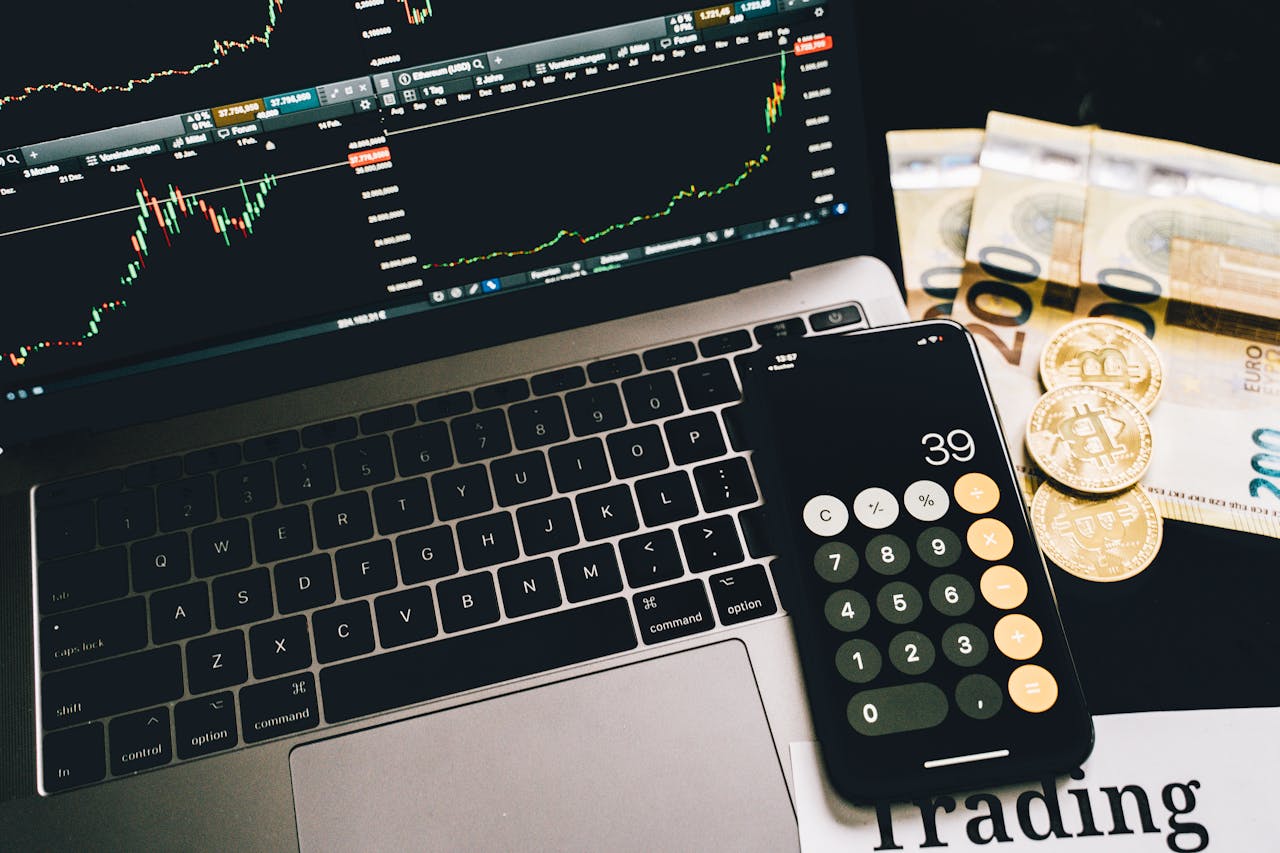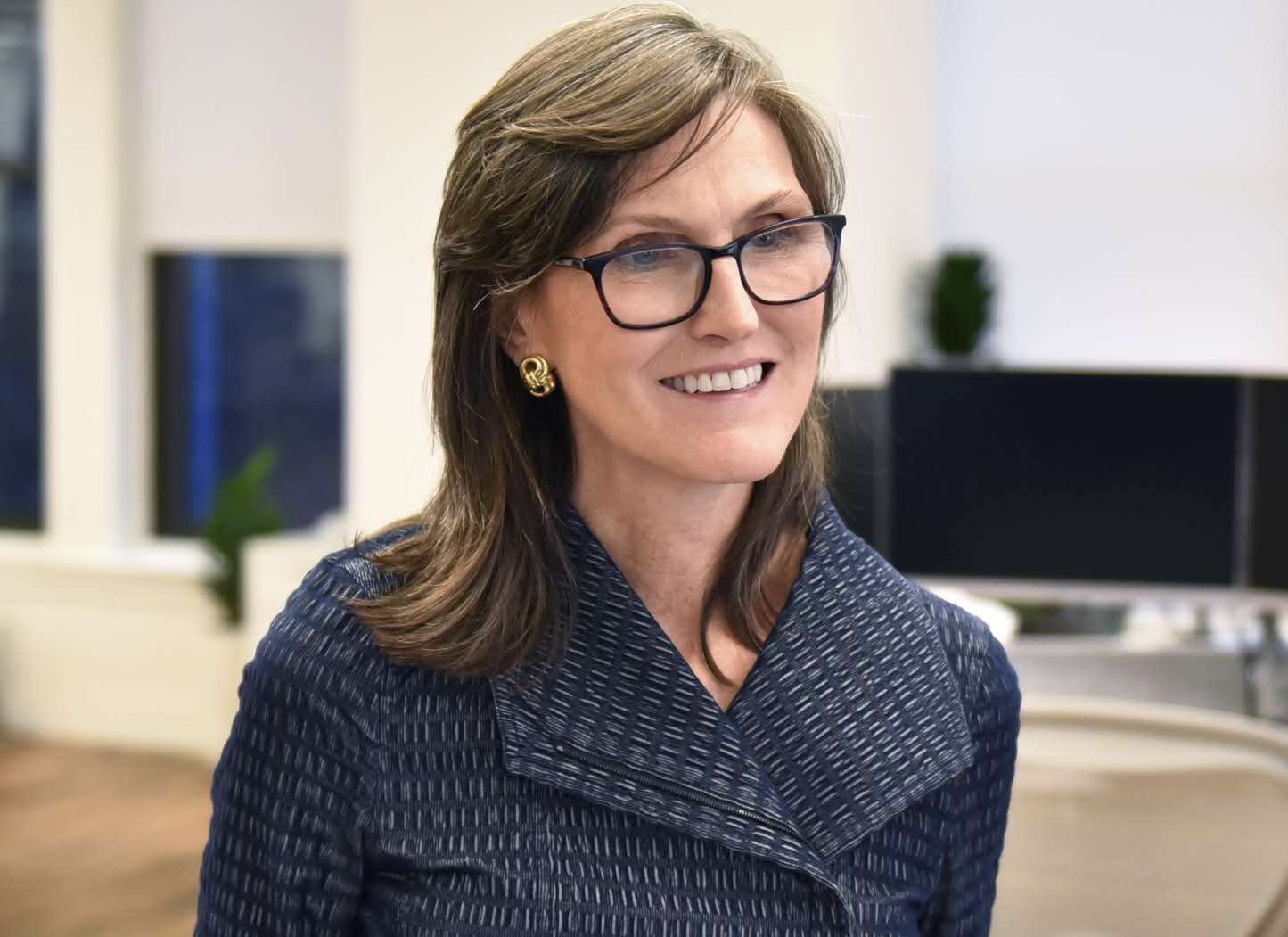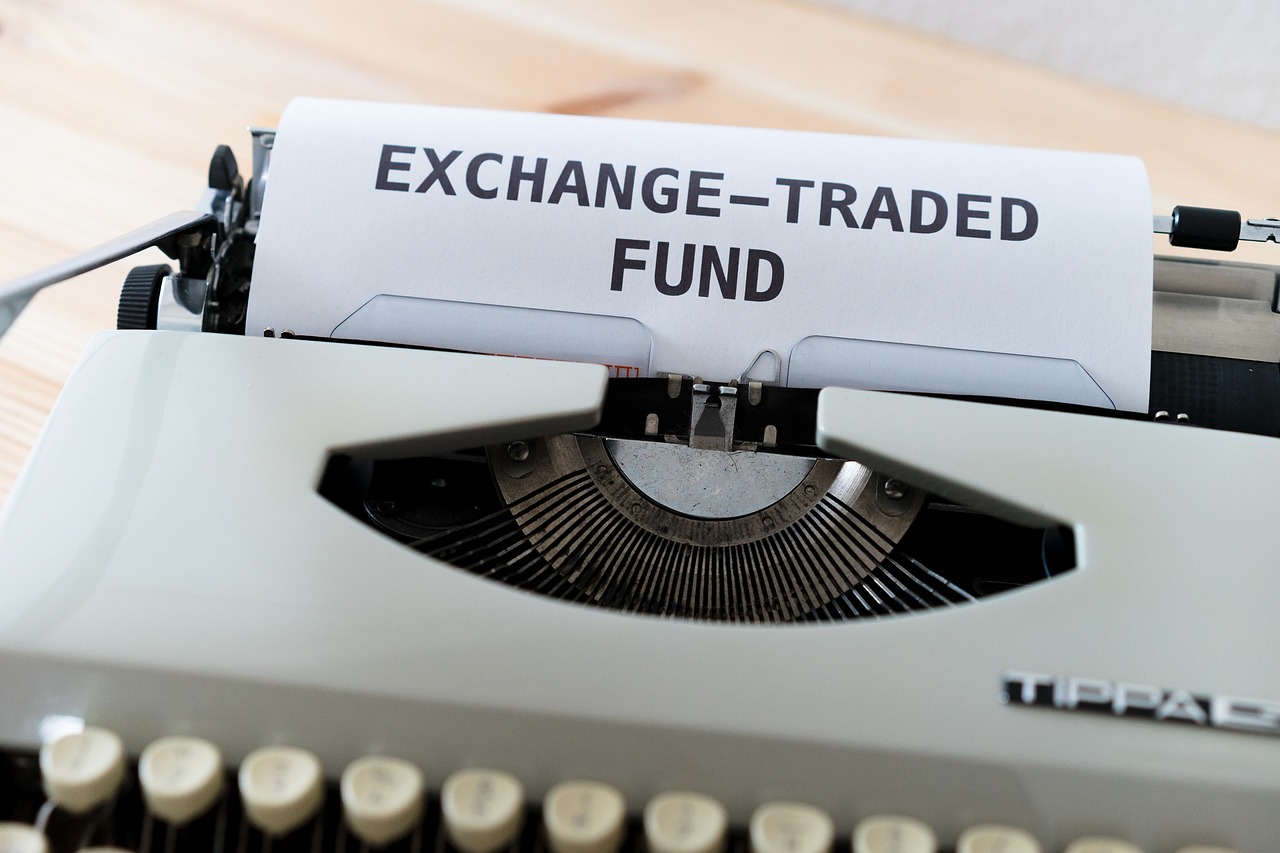Cboe Global Markets is preparing to introduce a new class of crypto derivatives that could reshape how U.S. traders gain long-term exposure to digital assets. Beginning Dec. 15, the exchange will debut Bitcoin Continuous Futures (PBT) and Ether Continuous Futures (PET), marking the first time a U.S. exchange offers crypto products designed to function similarly to perpetual futures commonly found on offshore platforms.
These new contracts aim to meet surging demand for tools that allow traders to maintain ongoing, leveraged crypto positions without the inconvenience of rolling expiring futures. Each product will launch with a 10-year expiration and will settle in cash, giving institutional and sophisticated retail traders a regulatory-compliant alternative to offshore perpetual futures markets. By using daily funding adjustments tied to the Cboe Kaiko Real-Time Rate for bitcoin and ether, the contracts are engineered to stay closely aligned with spot market prices while offering a familiar funding mechanism similar to perpetual futures.
Cboe first teased the concept in September, presenting it as a response to the growing popularity of perpetual futures in the crypto world—despite their limited presence in traditional finance. While many offshore platforms dominate the perpetual futures market, Cboe’s version is built to satisfy U.S. regulatory standards, with clearing handled through Cboe Clear U.S., a CFTC-regulated clearinghouse. According to Rob Hocking, Cboe’s global head of derivatives, the structure is designed to streamline risk management and offer traders a more controlled method of accessing leveraged digital asset exposure.
The new contracts will support long and short positions, margin trading and the possibility of cross-margining with existing Cboe crypto futures, such as FBT and FET. This could make them particularly attractive to hedge funds, asset managers and traders seeking a safer, regulation-friendly alternative to offshore platforms. Trading will operate nearly 24/5, from Sunday evening to Friday evening Eastern Time, enabling almost round-the-clock market access.
These continuous futures could become a significant milestone in bridging traditional finance and crypto derivatives, offering institutional-grade security with the flexibility crypto traders expect.
























Comment 0